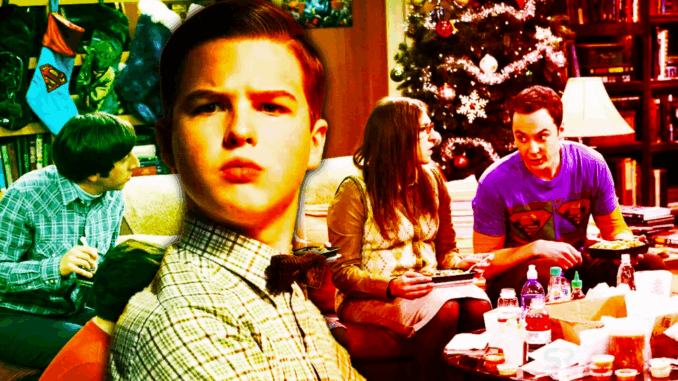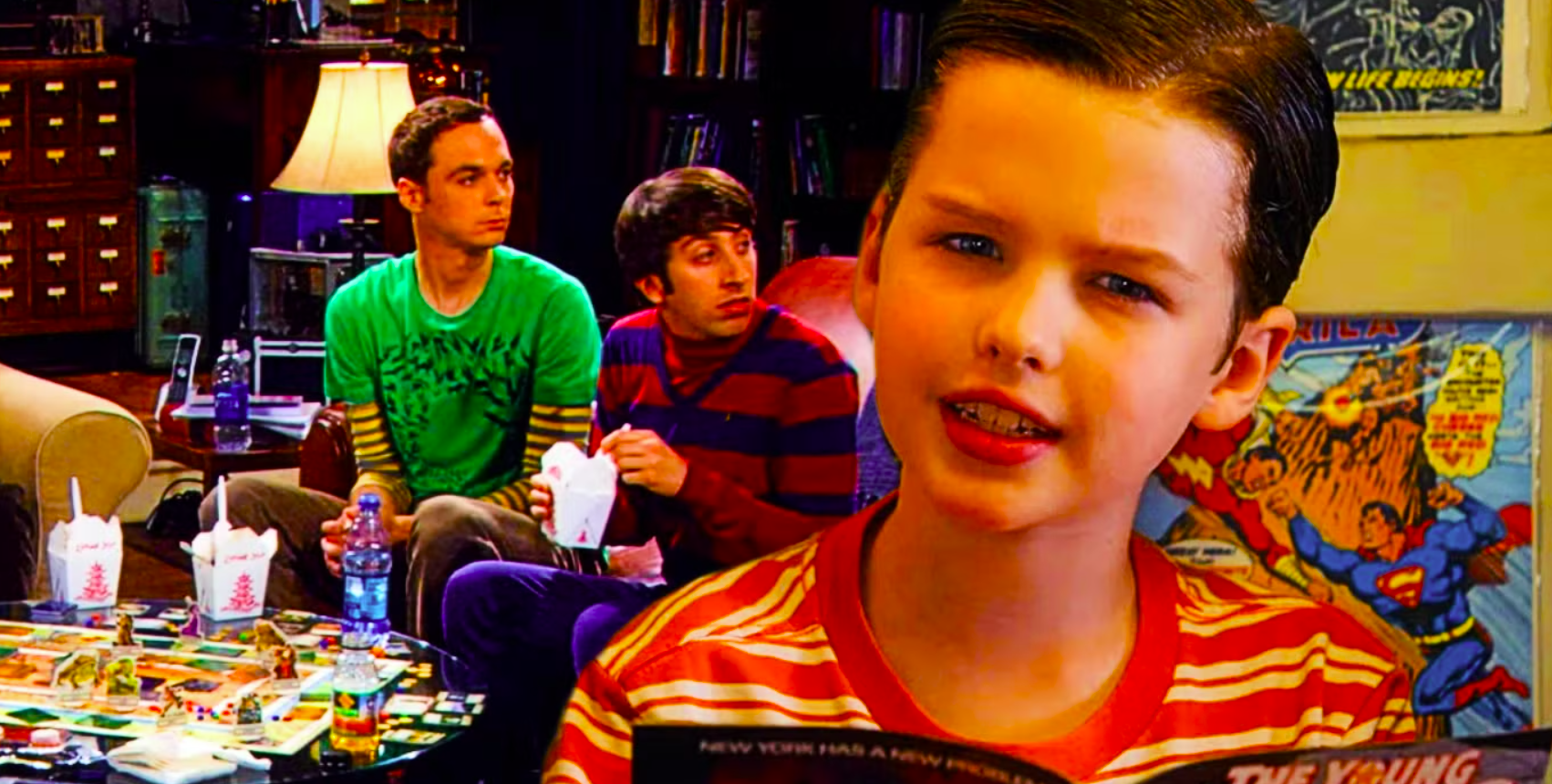
The Messy Origins of The Big Bang Theory
When we think about The Big Bang Theory, it’s hard to imagine the show any differently. Sheldon Cooper (Jim Parsons) is etched into television history as one of the most unique and consistent characters ever written — brilliant, emotionally stunted, and famously uninterested in sex.
But The Big Bang Theory’s journey to becoming a global phenomenon was anything but smooth.
The original unaired pilot painted a very different picture of Sheldon, one that involved a character named Gilda (Iris Bahr). Had she stayed in the story, Sheldon Cooper’s legacy — and the heart of the series — might have been completely unrecognizable.
Meet Gilda: The Missing Piece That Didn’t Fit
In the unaired pilot, Gilda worked at Caltech and was a close friend of Sheldon and Leonard. However, their friendship came with an unexpected twist: Sheldon and Gilda had previously been intimate.
For longtime fans, this detail feels almost sacrilegious. Sheldon’s profound disinterest in physical relationships is one of the pillars of his character. His inability (and later, cautious willingness) to form an emotional and physical connection with Amy Farrah Fowler was a slow, carefully written arc that took almost a decade to fully develop.
If Sheldon had been sexually active from the start, many of the show’s most powerful character beats would never have existed.
Why Sheldon’s Asexuality Mattered
Sheldon Cooper’s portrayal wasn’t just quirky — it was quietly revolutionary.
At a time when TV heroes were often defined by their romantic escapades, Sheldon’s indifference to sex offered something refreshingly different. He was a character who valued intellect over intimacy, friendship over flirtation.
His bond with Leonard, his growing affection for Penny, and eventually his unique relationship with Amy, were all built on emotional trust rather than physical desire.
The removal of Gilda made it possible for Sheldon to evolve at a pace that felt genuine, not forced. It allowed audiences to witness a kind of relationship growth rarely seen on network television.
The Ripple Effect Across the Series
Eliminating Gilda didn’t just change Sheldon — it shifted the entire foundation of The Big Bang Theory.
With Sheldon firmly placed as a character who was emotionally stunted but intellectually brilliant, the writers could explore his quirks, social misunderstandings, and eventual emotional awakening in a way that felt earned.
Moreover, by giving Sheldon such a strong, non-romantic starting point, it made the later introduction of Amy Farrah Fowler (Mayim Bialik) all the more powerful. Their slow-burn romance felt revolutionary: two outsiders learning, cautiously and tenderly, how to be vulnerable with each other.
Traces of Gilda That Survived

Though Gilda herself never appeared in the final show, some aspects of her character lived on.
Howard (Simon Helberg) and Raj (Kunal Nayyar), who were added after Gilda was removed, both shared certain narrative roles originally planned for her. Their banter with Sheldon and their attempts (and failures) at understanding social norms provided the tension Gilda might have brought.
Later, Amy’s character subtly incorporated shades of what Gilda was supposed to be: a female scientist capable of intellectually challenging Sheldon while also forming a unique emotional bond with him.
The Gender Gap That Gilda Could Have Helped Bridge
It’s worth noting that early criticism of The Big Bang Theory often focused on its lack of female characters.
Had Gilda remained, the show might have achieved a better gender balance earlier on. Penny (Kaley Cuoco) was the lone woman among the main cast for the first few seasons, and the male characters’ behavior toward her — especially Howard’s — sometimes crossed into uncomfortable territory.
Including Gilda from the start might have curbed some of this “adorkable misogyny,” a term coined by critics to describe how geeky male characters were allowed to behave badly under the guise of being harmless underdogs.
A Better Show Without Gilda
In the end, however, cutting Gilda was the right decision.
Sheldon’s consistent portrayal as a character uninterested in romance or sex until he was truly ready allowed the show to tell one of television’s most touching love stories.
Moreover, the eventual introduction of Amy and Bernadette added strong female voices to the show in a way that felt earned, rather than forced.
The Big Bang Theory didn’t just succeed because it was funny — it succeeded because it allowed its characters to grow naturally, at their own pace. And that journey started by making the difficult, but ultimately correct, decision to erase Gilda from its world.